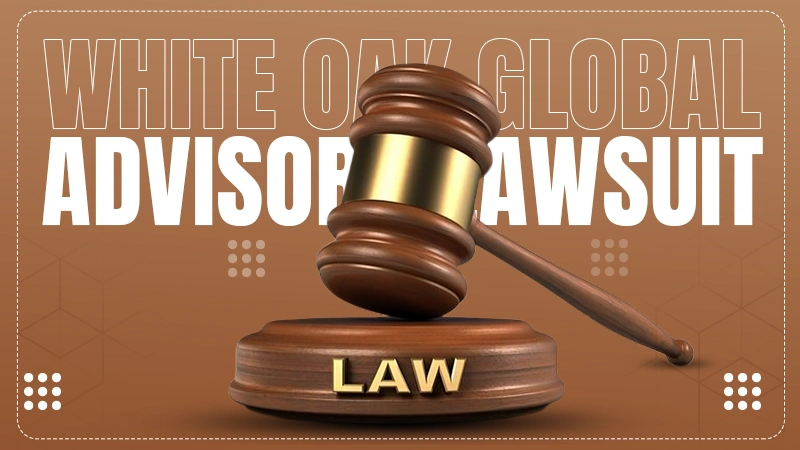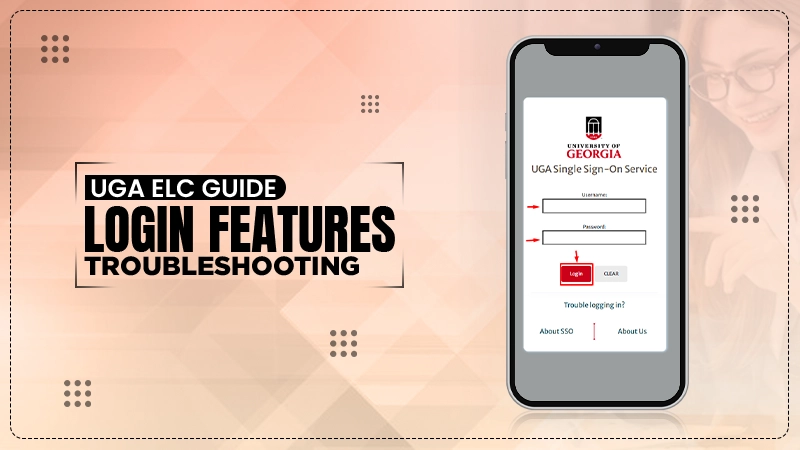01224460908 Exposed: Protect Yourself from Scam Calls
Introduction
Have you ever received a call from an unfamiliar number like 01224460908, only to feel uneasy about picking it up? You’re not alone. Scam calls have become a widespread issue affecting millions of individuals and businesses worldwide. These fraudulent calls can lead to significant financial losses, emotional distress, and compromised personal information.
In this blog post, we’ll delve into the mechanics of scam calls, with a particular focus on the notorious number 01224460908. By understanding the tactics scammers use and learning how to identify and avoid these calls, you can safeguard yourself and your organization. We’ll also explore the latest technology in scam call prevention, best practices for security, and real-life case studies of successful scam call mitigation. Also, learn about преводсч – Global Communication by reading this article.
Understanding Scam Calls
Common Tactics of Scam Calls
Scammers use a myriad of tactics to deceive unsuspecting victims. One of the most frequent methods involves impersonating legitimate organizations. For instance, you might receive a call from 01224460908 claiming to be from your bank, demanding urgent action to secure your account. Other common scams include lottery winnings, tech support fraud, and IRS imposters.
In many cases, scammers use ‘spoofing’ technology to mask their real number, making it appear as though they are calling from a local or trusted number. This makes it challenging to discern the legitimacy of the call at first glance.
Psychological and Technological Methods
Scammers are not only technologically savvy but also adept at psychological manipulation. They exploit emotions such as fear and urgency to pressure victims into complying with their demands. For example, a call from 01224460908 might claim that you’re under investigation and need to provide personal information immediately to avoid legal action.
Understanding these psychological tactics can be crucial in resisting the initial impulse to comply with scam demands. Awareness of these strategies is the first line of defense against falling victim to scam calls.
Recognizing Red Flags
Recognizing the red flags of scam calls is instrumental in safeguarding yourself. There are several tell-tale signs that a call might be fraudulent. Firstly, be wary of unsolicited calls from unknown numbers like 01224460908 that demand immediate action or personal information. Genuine organizations typically do not request sensitive data such as Social Security numbers, bank details, or passwords over the phone.
Another red flag is the use of high-pressure tactics. Scammers often create a sense of urgency, insisting that you must act immediately to avoid serious consequences. This pressure can make it difficult to think clearly and rationally.
Staying Informed on Latest Scams
The world of scam calls is ever-evolving. Scammers continuously develop new methods to bypass security measures and exploit vulnerabilities. Staying informed about the latest scam tactics can significantly reduce the risk of becoming a victim. Regularly check trusted sources like the Federal Trade Commission (FTC) and cybersecurity blogs for updates on emerging scams.
Identifying and Avoiding Scam Calls
How to Identify a Scam Call Like 01224460908
Identifying a scam call can be tricky, but there are telltale signs you can watch out for. First, be cautious of unsolicited calls from numbers like 01224460908. Legitimate organizations rarely request sensitive information over the phone.
Listen for red flags such as:
- Requests for immediate payment or personal information.
- Offers that seem too good to be true.
- High-pressure tactics that create a sense of urgency.
Tips for Avoiding Scam Calls
Preventing scam calls starts with awareness and proactive measures. Here are some tips to help you avoid falling victim:
- Do Not Answer Unknown Numbers: If you don’t recognize the number, let it go to voicemail.
- Verify Caller Identity: If you do answer, ask for official identification and follow up with the organization directly using a verified contact method.
- Never Share Personal Information: Avoid sharing sensitive data over the phone unless you are certain of the caller’s identity.
Real-Life Case Study: Successful Avoidance
Consider the story of Sarah, who received a call from 01224460908 claiming she had won a free vacation. Sensing something was off, Sarah asked for an email confirmation. When the caller hesitated, she hung up and reported the number. By staying vigilant and questioning the legitimacy of the call, Sarah successfully avoided falling victim to the scam.
Preventing Scam Calls: Technology and Best Practices
Latest Technology in Scam Call Prevention
Technology has become a pivotal ally in the fight against scam calls. Services like TrueCaller and Nomorobo offer advanced call screening and blocking features, filtering out known scam numbers like 01224460908. Many smartphones now come with built-in spam detection capabilities, alerting users when an incoming call is suspected to be fraudulent.
Best Practices for Securing Your Phone
Securing your phone against scam calls involves a combination of technology and behavior. Here are some best practices:
- Enable Call Blocking and Identification: Use built-in features or third-party apps to identify and block scam calls.
- Regularly Update Software: Ensure your phone’s operating system and any call-blocking apps are up-to-date to benefit from the latest security patches.
- Educate Yourself and Employees: Training sessions for employees on spotting scam calls can reduce the risk of falling victim in a business context.
Company Case Study: Multi-Layered Approach
A notable example comes from W.H.O Corporation, which implemented a multi-layered scam call prevention strategy. They equipped employees with call-screening technology, conducted regular training on scam tactics, and updated their systems frequently. As a result, they saw a 70% reduction in successful scam calls, safeguarding both their team and their clients.
Reporting and Blocking Scam Callers
Strategies for Reporting Scam Calls
Reporting scam calls is vital for curbing their prevalence. If you receive a call from 01224460908 or any suspicious number, report it to your national consumer protection agency. In the US, this would be the FTC, while in the UK, it’s Action Fraud.
Include details such as:
- The number that called you.
- The nature of the scam.
- Any personal information they requested.
How to Block Scam Callers
Blocking scam callers can be done easily on most smartphones. On an iPhone, you can block a number by going to your recent calls, tapping the ‘i’ icon next to the number, and selecting ‘Block this Caller’. Android users can follow similar steps through their call settings.
Real-Life Example: The Power of Reporting
John received repeated calls from 01224460908 and decided to report it. His complaint, along with those from other victims, led to an investigation that ultimately shut down the scam operation. John’s action helped protect countless others from falling prey to the scam.
Community and Future Efforts in Scam Call Prevention
Role of Community Initiatives
Community initiatives play a crucial role in combating scam calls. A shared blacklist, where members contribute known scam numbers, can significantly reduce the occurrence of scam calls. Neighborhood watch groups and local online forums are effective platforms for sharing information and keeping the community informed.
Case Study: Community Blacklist Success
In a small town, residents banded together to create a shared blacklist of scam numbers, including 01224460908. By regularly updating and disseminating this list, they managed to reduce scam calls by 60%. This collective effort highlights the power of community in tackling widespread issues.
Future Trends and Innovations
The future of scam call prevention looks promising, with advancements in AI and machine learning leading the way. Predictive analytics can foresee scam trends, allowing for preemptive measures. Additionally, legislative efforts are being strengthened to penalize and shut down scam operations more swiftly. If you ever receive calls from numbers like 01224460908, staying informed can help you recognize potential threats.
Importance of Staying Informed
Staying informed is one of the most effective ways to protect yourself from scam calls. By keeping up-to-date with the latest scam tactics and sharing new information within your network, you can build a more resilient community. For instance, knowing that a call from 01224460908 could be a scam can prompt you to be more cautious. Consider subscribing to newsletters from trusted sources like governmental agencies or cybersecurity firms, which often provide alerts and updates related to scam activities.
Educational Programs and Workshops
Educational programs and workshops can significantly enhance collective awareness about scam calls. Schools, community centers, and workplaces can host sessions aimed at teaching individuals how to recognize and respond to suspicious calls. Interactive workshops that simulate real-life scenarios, such as receiving a call from a number like 01224460908, can be particularly effective, as they allow participants to practice their responses in a supportive environment.
Government and Corporate Responsibility
Governments and corporations have a crucial role in tackling the pervasive issue of scam calls. Stricter regulations and enforcement can limit the ability of scammers to operate freely. Companies, particularly those in telecommunications and tech industries, should continue to innovate and improve their security measures. Collaborative efforts between the private and public sectors can lead to more robust defenses against scam calls, including identifying and blocking numbers like 01224460908.
Conclusion
Scam calls, especially from numbers like 01224460908, pose a significant threat to individuals and businesses alike. By understanding the tactics scammers use, learning how to identify and avoid these calls, and implementing the latest prevention technology and best practices, you can protect yourself and your organization.
Stay informed, stay vigilant, and take action by reporting scam calls. Together, we can build a safer communication environment. Have you experienced scam calls recently? Share your story in the comments and join the conversation on combating this growing issue.












